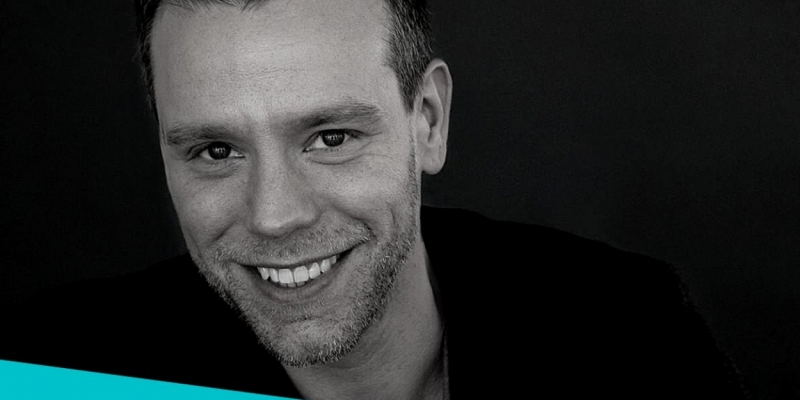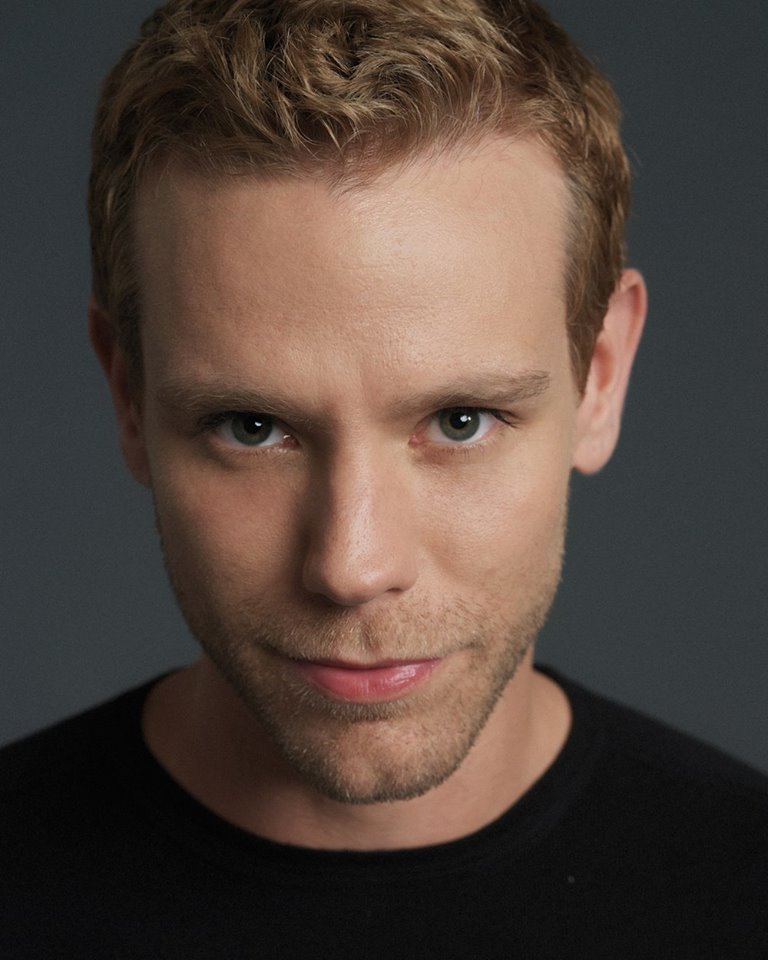Interview: Adam Pascal Brings SO FAR...AN ACOUSTIC RETROSPECTIVE to Nashville Saturday 6/12
Tony Award-Nominated Star Latest to Headline TPAC and Studio Tenn's Cabaret On Stage

Years from now - when historians write about the initial signs of life that began to emerge from the mists that shrouded the world of live performance toward the end of a worldwide pandemic - it may well be determined that Adam Pascal, the Tony Award-nominated actor, singer and musician, knew exactly how to reconnect to audiences starved for satisfying entertainment.
Pascal's answer? Welcome audiences to an intimate cabaret setting to be treated to an evening of personal recollections and reflection, set to a score of songs from shows that have come to define his role in the renaissance of musical theatre: So Far...An Acoustic Retrospective.
In fact, So Far... is something Pascal's been working on and performing for a couple of years now, and as he prepares to perform for an audience at Nashville's Tennessee Performing Arts Center on Saturday night (as part of TPAC and Studio Tenn's Cabaret On Stage: An Intimate Evening With... that launched last month with Broadway star Susan Egan), the timing couldn't be more perfect for what he describes as "a retrospective of my career on Broadway...that hopefully is compelling and amusing."
With songs from 1996's Rent (his first role on the Great White Way which resulted in that Tony nomination) to Pretty Woman: The Musical, the production he joined in 2019 - and everything, including Aida, Cabaret, Chess, Disaster, Memphis the Musical, Chicago, Something Rotten and more, in between - Pascal welcomes audiences into an intimate conversation about how he's gotten to where he is today and the adventurous and somewhat circuitous route his career has taken since a phone call from Idina Menzel (whom he'd known since high school) urging him to audition for a new musical she was involved with, changed the trajectory of his life.
"I sing a song from each of the shows I've done on Broadway - not always a song that was associated with the character I was playing - and talk about the show and what my life was like when the show was going on," he explains. "I give the audience my story - all my stories - that are hopefully compelling and amusing."
 Pascal admits he is something of an "improvisational speaker" at any rate and that he's told the tales numerous times over the years, but the cabaret format allows him to deliver them in a performance order that gives added relevance to the songs he sings.
Pascal admits he is something of an "improvisational speaker" at any rate and that he's told the tales numerous times over the years, but the cabaret format allows him to deliver them in a performance order that gives added relevance to the songs he sings.
"The show is outlined in my mind, but not necessarily scripted in a traditional sense," he says. "I know what I want to talk about, but sometimes - especially when the audience may be only two feet away from me - the dynamic of a particular time and place can change things up. I just need to get to where I need to be as the show evolves."
And it is that conversational tone that makes cabaret an entertainment genre unto itself and more easily adaptable as live performance emerges from the self-imposed shutdown of almost 18 months of a pandemic. Audiences are smaller, the atmosphere easier to manage from a personal health and safety standpoint and presenters are better able to take a more calculated risk opening back up.
"I feel extremely fortunate to have this show that's ready to go at short notice," he suggests, and as a result, "I have a nice full summer of shows coming up - these are the safest kinds of shows on so many levels for both audiences and venues."
For a seasoned entertainer like Pascal, who always dreamed of becoming a rock star while growing up in New York, cabaret gives him a unique opportunity to interact with his audience. "I think it's the way I have chosen to do this," he muses, "that encourages people to talk to me while I'm onstage and that means every performance is different."
That happens often, he maintains, and "I actually like that I always takes me on a tangent. I'm very conversational with my audiences, and they feel comfortable talking to me and sometimes it's like we're doing a Q and A during the show."
But cabaret is not without its unique challenges: "Yes, it is more difficult and more challenging to do what I'm doing. You are exposing yourself in a way that is unlike anything else you do onstage, and while I'm not one to give myself a pat on the back, I have to admit there's some bravery involved for those of us who do this."
Meanwhile, since Pascal is onstage alone, he's doing many different things - essentially everything - all at the same time, while making sure his audience is engaged and involved.
"It takes more mental preparation and you certainly have to always be in the moment - 'cause there's nowhere to hide," he says. "When I'm in a musical - where I'm so well-prepared, so well-rehearsed and every moment is choreographed that you feel more confident because you know the show so well that you can have fun because of that."
Performing a one man show in a cabaret setting, however, can be vastly different: "You can't hide behind your character or the other people onstage. You are out there by yourself and totally exposed."
"It's nothing if not exciting," Pascal contends. "I love the spontaneity and the interaction with the audience - and I've been doing this forever, so over time I've gotten better tat it, my confidence level is higher and I can go out there and enjoy it even more."
So Far...An Acoustic Retrospective. TPAC and Studio Tenn's Cabaret On Stage: An Intimate Evening with Adam Pascal. Saturday, June 12 at 8 p.m. at James K. Polk Theatre, Tennessee Performing Arts Center, Nashville.
Comments
Videos

